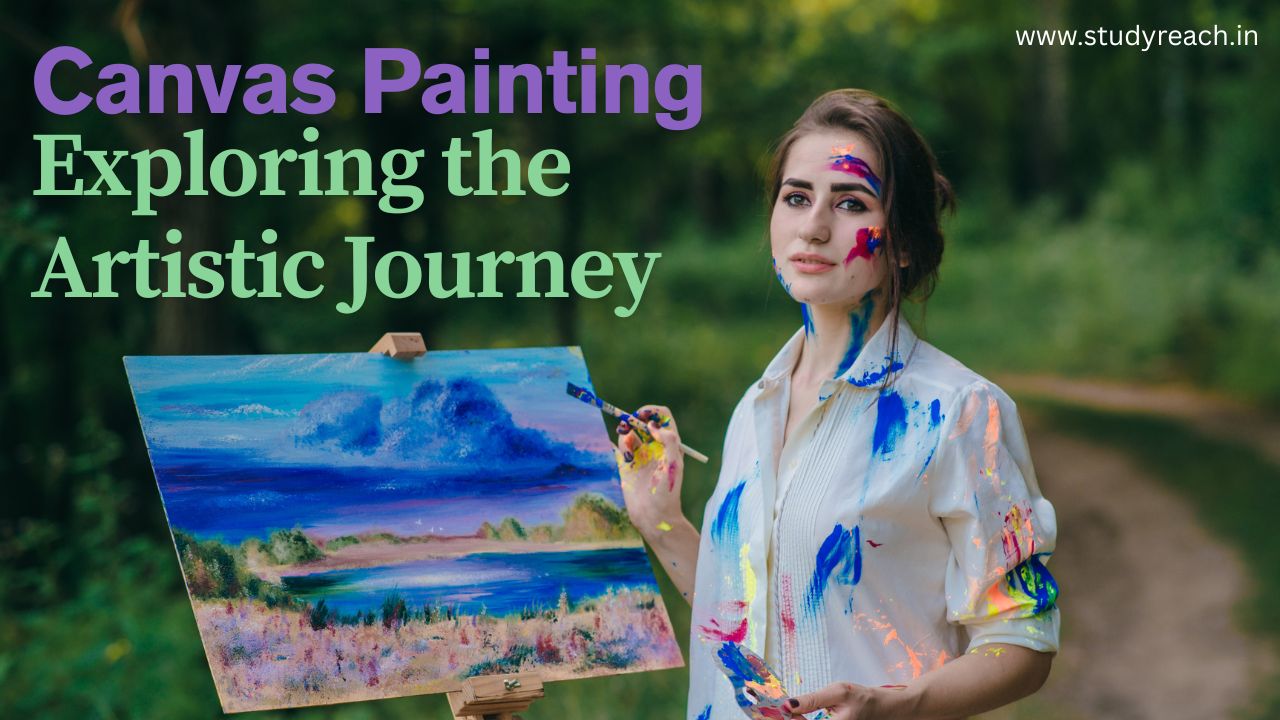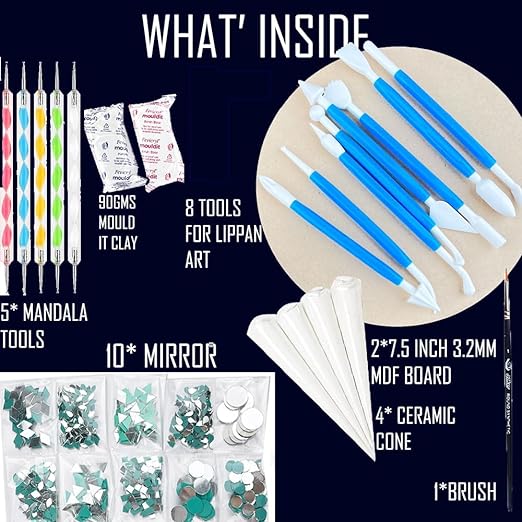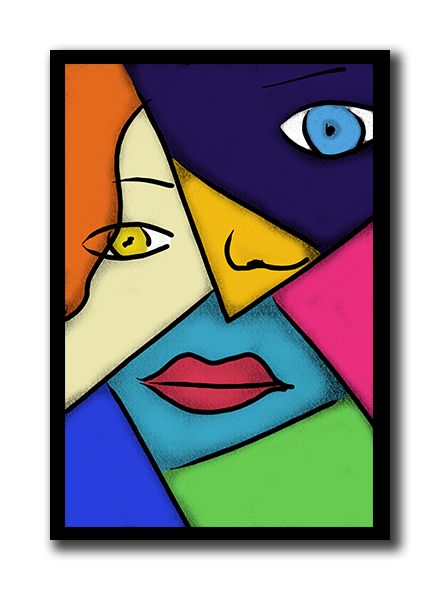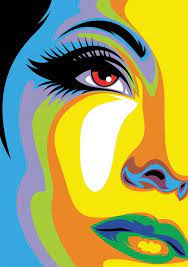Canvas Painting: Exploring the Artistic Journey

Table of Contents
Canvas painting, an art form that has stood the test of time, embodies creativity and expression on a blank canvas. It’s more than strokes of colors; it’s a journey of self-discovery and artistic exploration.
Defining Canvas Painting
A painting refers to a piece of art created by applying paint to a canvas surface. This form of art involves using various techniques and mediums like acrylics, oils, watercolors, or mixed media to create visual representations, scenes, abstract concepts, or any form of artistic expression on a stretched or mounted canvas. This paintings have been a prominent art form for centuries and are cherished for their beauty, depth, and ability to convey emotions and messages through visual storytelling.
Early Origins
This painting finds its roots in ancient civilizations like Egypt and Rome, where early artists used linen as a surface for painting.
Types of Canvas
Stretched :
Stretched canvases come in various sizes and are pre-stretched over a wooden frame, ready for painting.
Panels
Canvas panels offer a sturdy surface and are suitable for artists who prefer painting on a flat surface.
Rolls
Canvas rolls provide flexibility, allowing artists to create custom-sized paintings by cutting and stretching the canvas.
Canvas Preparation
Choosing the Right Canvas
Selecting the right canvas involves considering factors like texture, material, and purpose to ensure the desired outcome.
Priming and Stretching
Priming and stretching the canvas properly are crucial steps to prepare it for painting, ensuring longevity and quality.
Essential Materials
Paints
Choosing the right paints, whether acrylics, oils, watercolors, or mixed media, significantly impacts the final result.
Brushes
Investing in quality brushes is essential for achieving different textures and effects in canvas painting.
Other Necessary Tools
Additional tools like palettes, easels, and mediums play a significant role in enhancing the painting process..

- Premium Quality material to ensure that you can create long-lasting Lippan Art pieces. The clay is sourced from the best locations, and the other craft materials for art kit is of premium quality.
- Traditional Tools: Our Lippan Art Material Kit includes traditional tools used in Lippan Art. These tools are designed to help you create intricate and detailed designs that are characteristic of this art form.
- Creative art Kit: Lippan Art Material Kit is versatile and can be used to create a wide range of Lippan Art pieces. From wall hangings to candle
- Eco Freindly Craft Kit: Our kit is environmentally friendly and sustainable. The materials used are all natural and eco-friendly, making it the perfect choice for artists who care about the environment.
Techniques
Acrylic Painting
Acrylic painting offers versatility and quick drying times, making it ideal for both beginners and experienced artists.
Oil Painting
Oil painting allows for blending and layering colors, creating depth and richness in artistic expressions.
Watercolor Painting
Watercolor painting demands control and precision, producing translucent and vibrant artworks.
Mixed Media
Experimenting with mixed media involves combining different materials and techniques to create unique artwork.
Styles of Canvas Painting
Realism
This artistic direction strives for a precise and genuine picture of subjects, frequently reflecting the details and accuracy of a photograph.
Impressionism
Defined by obvious brushstrokes and an emphasis on capturing atmosphere and light transients rather than precise detail.
Abstract
Concentrates on forms, colors, and gestural marks to produce compositions that might not depict any known scenes or things.
Cubism

Divides subjects into geometric shapes and facets and presents them from several angles at once.
Minimalism
Simplicity and sparing use of colors and forms are key components of minimalism, which frequently features sharp, uncluttered lines and geometric shapes.
Pop Art

Makes use of images from popular culture and the media, utilizing vivid colors and striking patterns, and frequently fusing elements of celebrity culture and consumerism.
Famous Artists
Pablo Picasso
Picasso’s revolutionary artistry spanned various styles, from Cubism to Surrealism, leaving an indelible mark on painting.
Leonardo da Vinci
Da Vinci’s masterpieces, like the Mona Lisa, showcased his unparalleled skill and innovation in canvas painting.
Vincent van Gogh
Van Gogh’s expressive use of colors and bold brushstrokes defined his iconic style in canvas painting.
Georgia O’Keeffe
O’Keeffe’s unique portrayal of natural forms and landscapes set new standards in modern canvas painting.
Beginners’ Guide
Basic Tips for Beginners
Starting with canvas painting? Begin with simple subjects and gradually experiment with techniques and styles. You can start with Cubism and Minimalism patter to start with.















